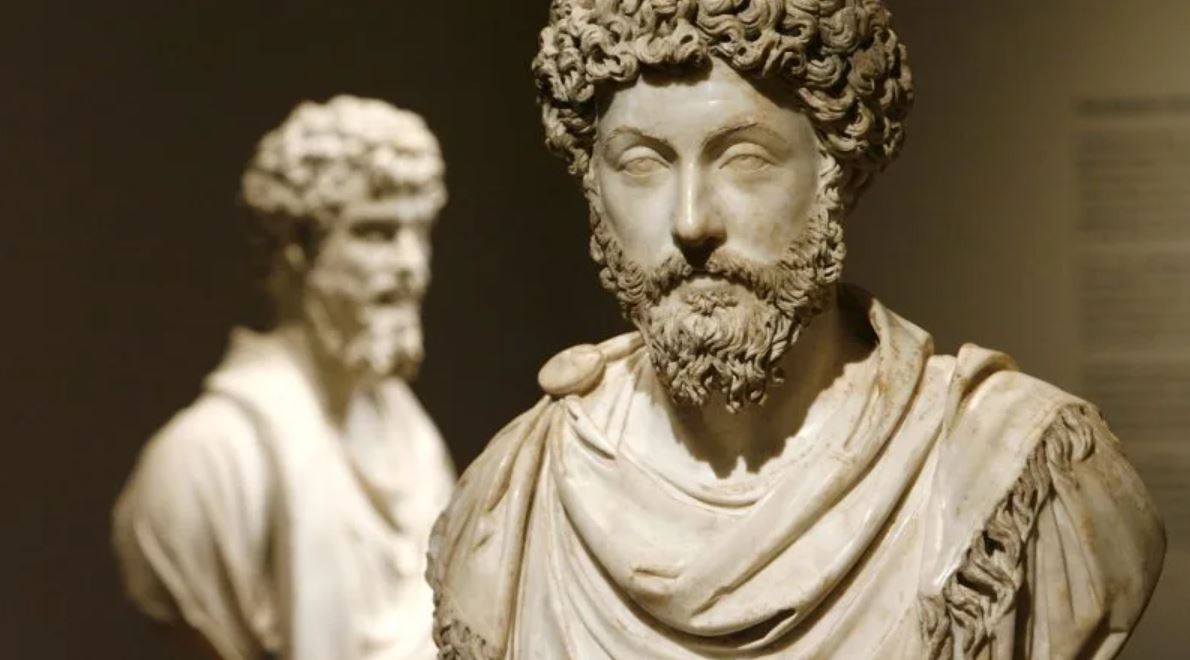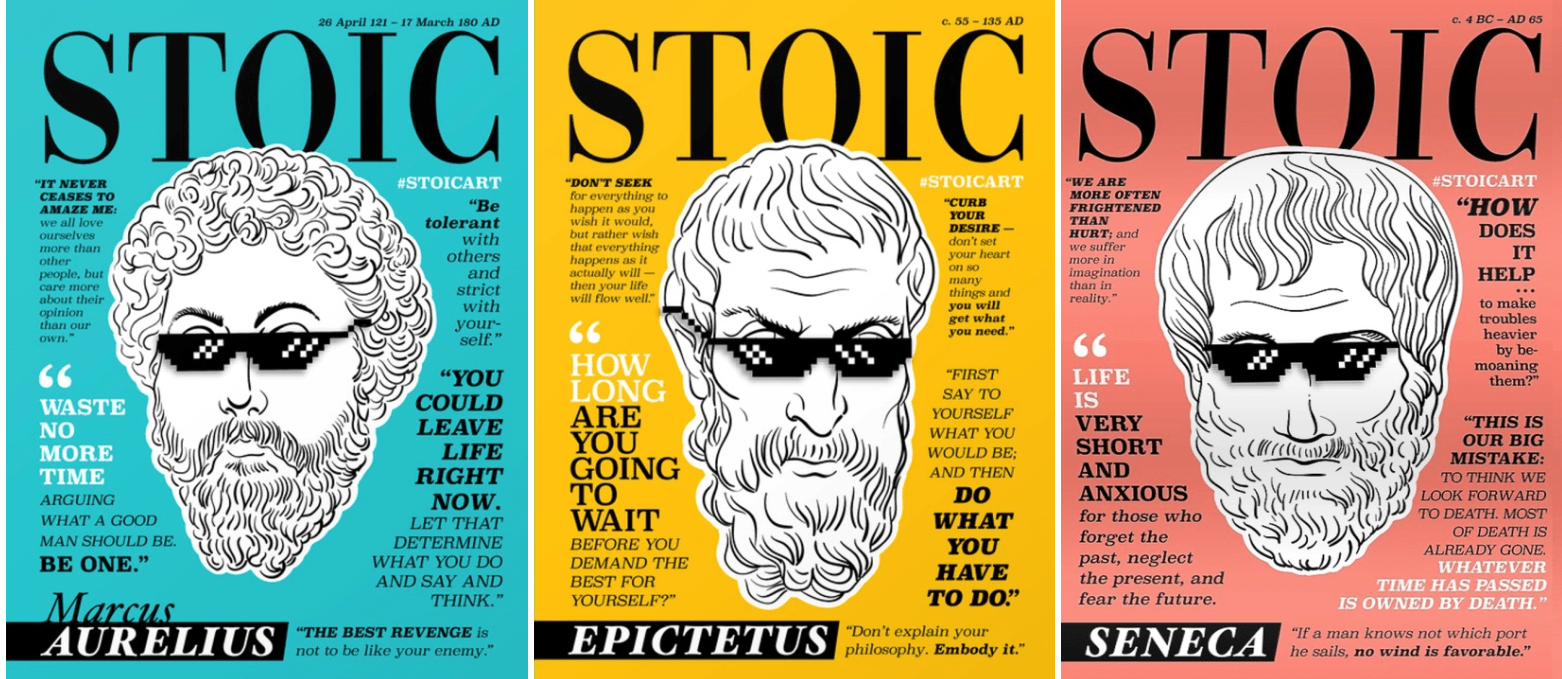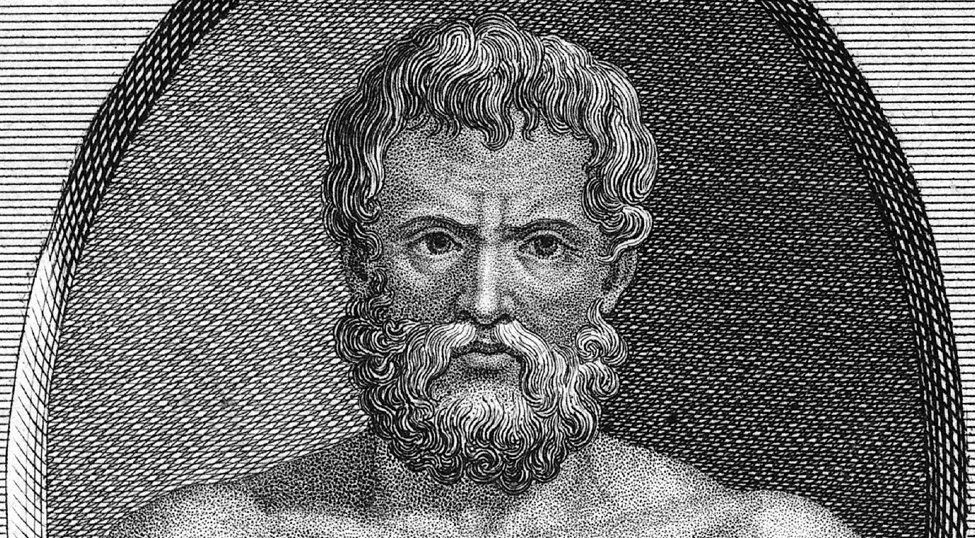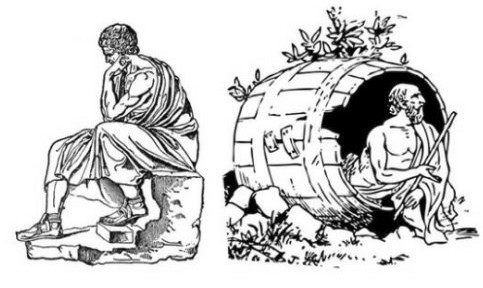By Andrew Rattray At first glance, the philosophies of Stoicism and Cynicism appear to be two sides of the same coin. Both philosophies are eminently practical, designed as day-to-day practices more than grand ideals, focusing on achieving a state of ‘eudaimonia’ (literally, ‘good spirit’), a state of flourishing and freedom from worry, through self-discipline, sacrifice,






